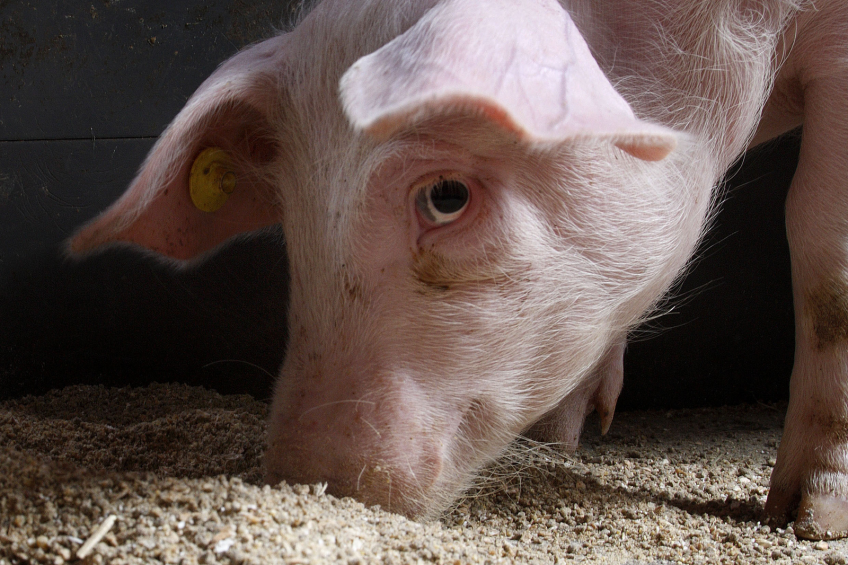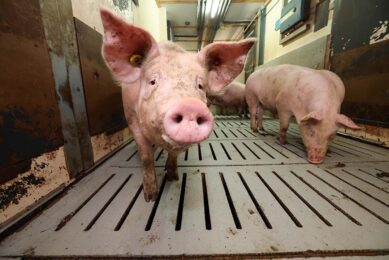Belgium makes action plan to reduce antibiotics

The Center of expertise on Antimicrobial Consumption and Resistance in Animals (AMCRA) in Belgium has launched a Vision 2020 Plan to reduce the use of antibiotics and antibiotic resistance in animals.
The plan consists of ten objectives and principles that are to be achieved by 2020. The vision statement defines the guidelines of the policy relating to the use of antibiotics and to antibiotic resistance among animals in Belgium. The 2020 plan is based around the central objective of a “50% reduction in the total consumption of veterinary antibiotics by 2020”. The objectives for specific groups such as the most critical antibiotics or antibiotics administered via animal feed are even more ambitious, aiming for a reduction of 75% by 2020 and of 50% by 2017, respectively.
Data collection and benchmarking
The other items cover the collection of data relating to the use of antibiotics among all animals, greater support for farms in managing the health of their animals using specific plans, benchmarking breeders and veterinarians and promoting alternatives to antibiotics. All these actions will contribute towards a rational reduction in the consumption of veterinary antibiotics in order to put a brake on the problem of antibiotic resistance. In order to achieve the above-mentioned objectives, AMCRA wishes to launch a lasting, large-scale awareness campaign that will continue to inform the sectors involved of the need for change. All the sectors represented within AMCRA therefore hope that the authorities will release the necessary funding to be able to put across this essential message.
Already reduction seen
Moreover, the collaboration of the whole sector united within AMCRA appears to work. The national sales data for antibiotics covering all species of animals show a reduction in consumption of 12.7 % between 2011 and 2013 (in terms of mg/kg biomass). With regard to the intended reduction in the most critical antibiotics, 2013 saw a decrease of 17.1 % compared with 2012. In the 4th ESVAC Report – listing the sales of antibiotics for the various countries in Europe in 2012 compared with 2011 – Belgium is in 6th place.
First pigs, now the rest
AMCRA has been identified by the European Medicines Agency (EMA) as the motor behind the fall in the sales in antibiotics in Belgium. The fact that the sector is actively collaborating on achieving the above-mentioned objectives can be seen particularly in the creation of a system of data collection for the pig sector by “Belpork” with its “Certus” quality label that came into existence on 1 January 2014. The poultry and beef cattle sectors have also committed to implement the structured registration of antibiotic consumption. AMCRA also provides veterinarians with numerous support tools. Formularies for beef cattle, pigs and poultry have recently been joined by those for “dogs and cats” and “horses”. The way in which therapeutic choices are grouped in the formularies should result in the selection of the most appropriate antibiotic for a given pathological condition and thereby limit the risk as far as possible of resistance developing, first and foremost with regard to the most critical antibiotics for humans and animals.
Today (November 18) is ‘European Antibiotic Awareness Day’.
Join 18,000+ subscribers
Subscribe to our newsletter to stay updated about all the need-to-know content in the pigsector, three times a week. Beheer
Beheer










 WP Admin
WP Admin  Bewerk bericht
Bewerk bericht